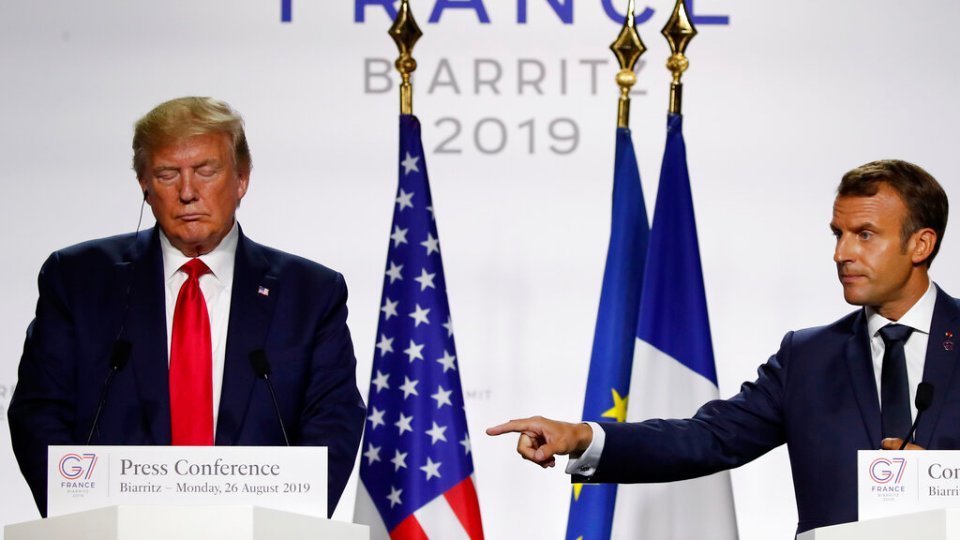The 45th G7 summit just took place in France and became the centre of discussion for various reasons. One of the reasons being the meeting between Indian PM Narendra Modi and Trump as well as the rejection of $20 million aid for stopping the Amazon forest fire by Brazil. But one of the main agenda that was sorted out at the summit was the controversial French Digital Tax.
During the conference at the G7 summit, President Donald Trump and French President Emmanuel Macron announced that they have agreed on finding a way to put a fair tax on the big foreign tech companies operating in France. But until the OECD does not set some proper tax guidelines, France will retain the same digital tax.
Macron also admitted that the controversy based on the new taxes has also affected the business of the French wine in the U.S. He also admitted that it has become expensive for big companies like Facebook and Google to operate their business in France.

The 134 OECD countries have been working towards establishing a new set of rules for the tech companies to operate in foreign countries, and France promised at the G7 summit that it would remove its digital tax asap OECD will finalise the new rules. The announcement also indicated that the rules may arrive as soon as 2020.
In July, France imposed new digital tax for the big foreign tech companies operating in the country. The digital tax is based on the local profits rather than the global revenues those companies earn. According to French digital tax the companies that make over a €25 million (around $27.7 million) in France, or €750 million (around $830 million) worldwide, will need to pay an extra 3% tax to the French government. This way, the GAFA companies, i.e. Google, Apple, Facebook and Amazon (all the U.S. based companies) are becoming the main targets of France.
But after the agreement, the Tax Authority of France will look on the taxes that those companies have paid and the taxes they will pay under France’s digital tax policy. It will also calculate the amount these companies will be paying after OECD establishes the new tax rules for them. Concluding the extra paid tax, the French government will reimburse the extra amount back to those companies.
“Everything that is paid in excess compared to the international solution will be credited to the company,” said the French Economy Minister Bruno Le Maire.
The new agreement will help the two companies to reduce the tension as well as the trade conflict between them.

Yashica is a Software Engineer turned Content Writer, who loves to write on social causes and expertise in writing technical stuff. She loves to watch movies and explore new places. She believes that you need to live once before you die. So experimenting with her life and career choices, she is trying to live her life to the fullest.